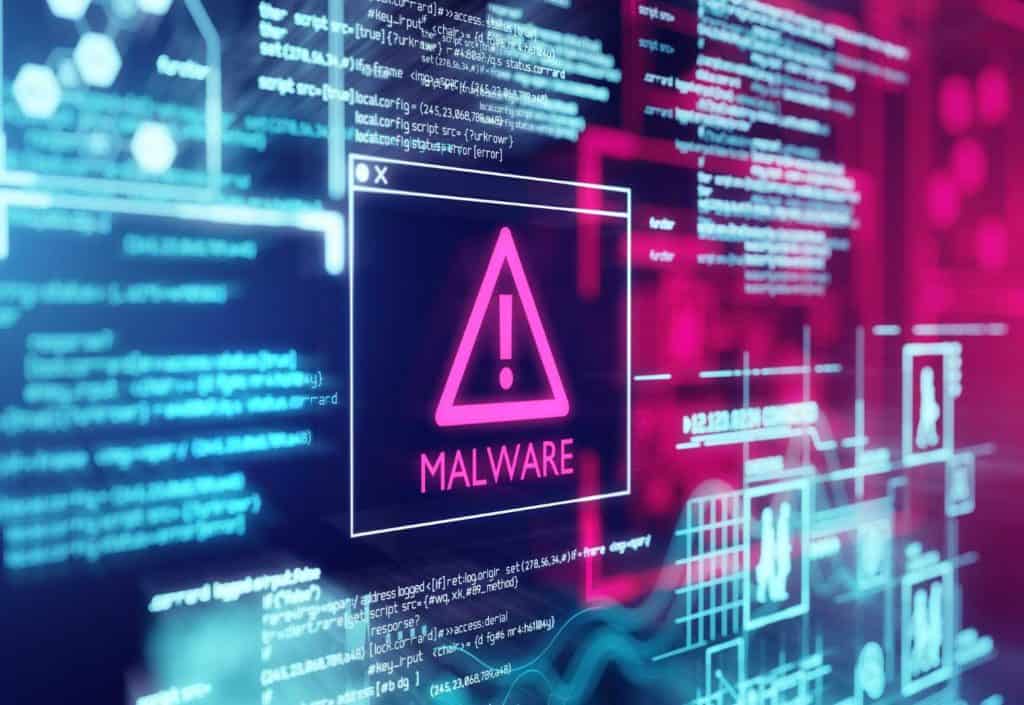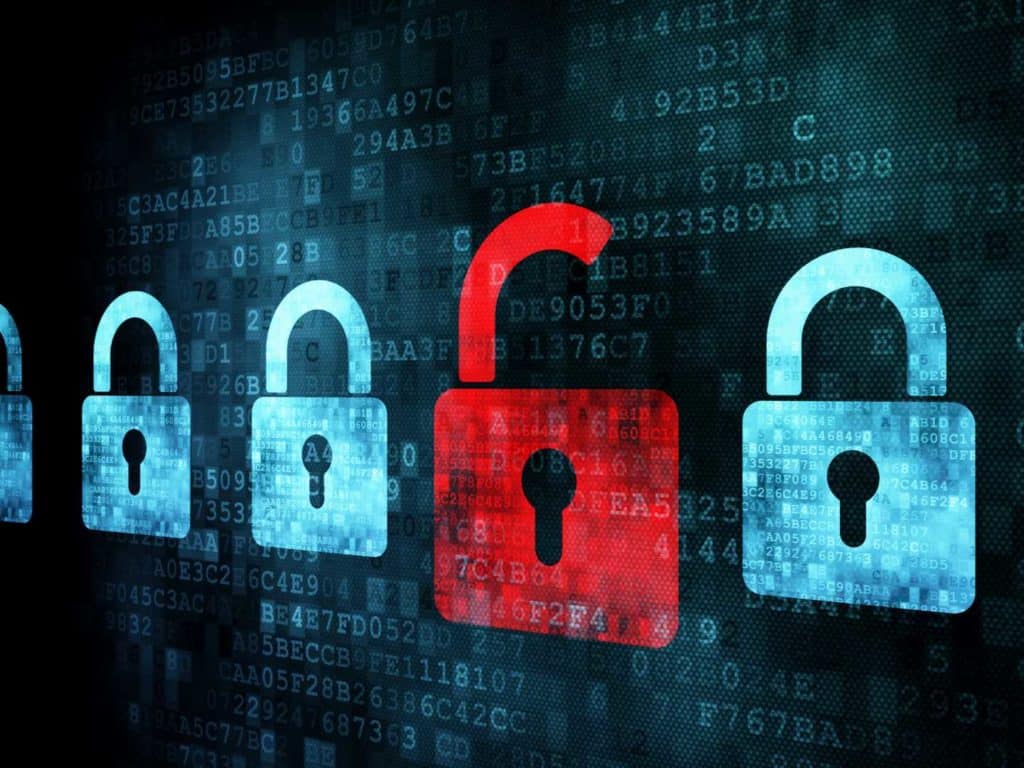Cybersecurity
KAIROS delivers comprehensive cybersecurity analysis and implementation services across DoD/Military, Federal, and Commercial environments. Our approach integrates the Risk Management Framework (RMF), the NIST Cybersecurity Framework, and robust IT governance practices with proactive operational security measures—including Systems Security Engineering, Penetration Testing, and Zero Trust Architectures—to strengthen the security posture of systems and networks. This holistic cybersecurity strategy, supported by our team of dedicated cyber professionals, enables our clients to plan, maintain, enhance, protect, and recover the critical technologies needed to execute their missions with confidence, efficiency, and resilience.
CAPABILITIES:
- Risk Management Framework (RMF) Expertise
- Assessment an Authorization (A&A) Management
- Cybersecurity Test and Evaluation
- System Risk Analysis
- Threat Assessment and Mitigation
- Vulnerability Management
- Continuous Monitoring
- Cybersecurity Policy and Compliance
- RMF Validation (Navy Qualified Validators)
- IT Governance
Our Approach
KAIROS integrates the NIST Risk Management Framework (Prepare, Categorize, Select, Implement, Assess, Authorize, Monitor) and Cybersecurity Framework (Identify, Protect, Detect, Respond, Recover) with IT Governance (Reporting, Compliance, Security) and IT Service Management best practices (Design, Plan, Deliver, Operate, Control) to provide systematic, flexible, and repeatable cybersecurity support.
This comprehensive approach enables our customers to achieve and maintain the critical security objectives of confidentiality, integrity, availability, authentication, and non-repudiation—ensuring their systems operate within secure, agile, and mission-ready architectures.
-
Proven Full-Lifecycle Approach
Strengthens risk management processes, enhances information system security awareness and reporting, and promotes reciprocity and information sharing across systems, networks, organizations, and individuals. -
Proactive Security Posture
Enables organizations to stay ahead of the cybersecurity curve—anticipating and mitigating evolving threats, vulnerabilities, and challenges rather than merely reacting to them. -
Collaborative, Knowledge-Driven Culture
Fosters a team-oriented environment that supports the exchange of technical knowledge, promotes best practices, and drives continuous improvement in the security, reliability, and availability of mission-critical systems and networks.


